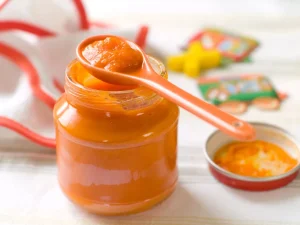Researchers raise red flags over cancer-causing threat lurking in crucial waterways: ‘Could trigger a public health crisis’

We know that microplastics harm not only the environment and ecosystems but also our bodies.
A recent study published in the Indian Journal of Medical and Paediatric Oncology, reported by The New Indian Express, explores this further. It warns that “an increase in pollution in water bodies could trigger a public health crisis, with cancer being one of the long-term consequences.”
What’s happening?
The study links microplastic pollution in rivers, particularly the Ganges, to a rise in gallbladder cancer (GBC) in India.
Researchers from Kerala medical colleges found that microplastics may have carcinogenic effects. These tiny particles can trigger inflammation, oxidative stress, immune system disruption, and gut microbiome changes, factors known to contribute to cancer development.
The study also highlights that India produces around 15 million tonnes of plastic waste annually, with only 25% being recycled. The rest breaks down into micro- or nanoplastics, which enter the food chain through water and marine life.
Why is the rise in gallbladder cancer important?
As plastic pollution has increased, so have the cases of GBC. While rates in Kerala are still lower than in other areas, doctors there report a steady rise.
This research serves as a clear warning: Unchecked pollution can lead to serious long-term health consequences, including cancer. The connection between microplastics and cancer isn’t just alarming; it’s a call to action.
The impacts of microplastics go far beyond human health. They harm marine life, disrupt food webs, and damage biodiversity. On land, they affect soil quality and hinder plant growth, which can ultimately threaten our food supply.
The damage caused by microplastics touches every part of our ecosystem, and the consequences are mounting.
What’s being done about it?
There are many ways to help combat plastic pollution. While individual efforts might seem small, collective action makes a difference. From reducing single-use plastics to participating in beach or park cleanups and recycling properly, every step counts.
Even small changes can create a lasting impact, especially when we all get involved.
Join our free newsletter for weekly updates on the latest innovations improving our lives and shaping our future, and don’t miss this cool list of easy ways to help yourself while helping the planet.


